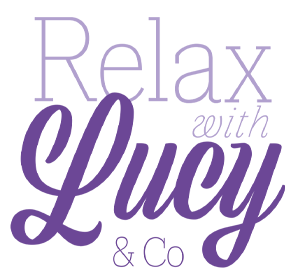Some Tips To Help With Anxiety
Many people suffer with anxiety, me included but sometimes making simple changes to your lifestyle can be a great help. As a mental health nurse, I offer advice and guidance on a regular basis when working with patients with anxiety. If you are reading this, you could try the following simple steps. Keep in mind however that often when we make changes to our lifestyle; it can take time to notice a difference. With mental health, it’s all about taking baby steps and applying time and patience. Have a read of the following and try and implement some of the suggestions
Exercise regularly
Regular exercise, particularly aerobic exercise, may help you combat stress and release tension. It also encourages your brain to release serotonin, which can improve your mood.
Examples of good aerobic exercises include:
Walking fast or jogging
Swimming
Cycling
Tennis
Hiking
Football or rugby
Aerobics
You should aim to do at least 150 minutes of moderate-intensity exercise a week. Moderate-intensity exercise should raise your heart rate and make you breathe faster. You could also try and download the Couch25k app as this is a great free app that can help you to feel fitter and happier. I have completed this app and my mental health felt amazing.
Learn to relax
As well as regular exercise, learning how to relax is important. You may find relaxation and breathing exercises helpful, or you may prefer activities such as yoga or Pilates to help you unwind.
Avoid caffeine
Drinking too much caffeine can make you more anxious than normal. This is because caffeine can disrupt your sleep and also speed up your heartbeat. If you're tired, you're less likely to be able to control your anxious feelings. Avoiding drinks containing caffeine, such as coffee, tea, fizzy drinks and energy drinks, may help reduce your anxiety levels.
Avoid smoking and drinking
Smoking and alcohol have been shown to make anxiety worse. Only drinking alcohol in moderation or stopping smoking may help reduce your anxiety.
To reduce the risk of harming your health:
Men and women are advised not to regularly drink more than 14 units a week
Spread your drinking over 3 days or more if you drink as much as 14 units a week
Fourteen units is equivalent to 6 pints of average-strength beer or 10 small glasses of low-strength wine.
Contact support groups
Support groups can give you advice on how to manage your anxiety. They're also a good way to meet other people with similar experiences.
Examples of support groups you may find useful include:
Anxiety UK
Mind
Rethink Mental Illness
Support groups can often arrange face-to-face meetings, where you can talk about your difficulties and problems with other people. Many support groups also provide support and guidance over the phone or in writing. Ask your GP about local support groups for anxiety in your area, or search online for mental health information and support services near you.
So there you have it, some simple but effective information, its not rocket science but time and time again, these methods have helped many people with anxiety!
Lucy x
